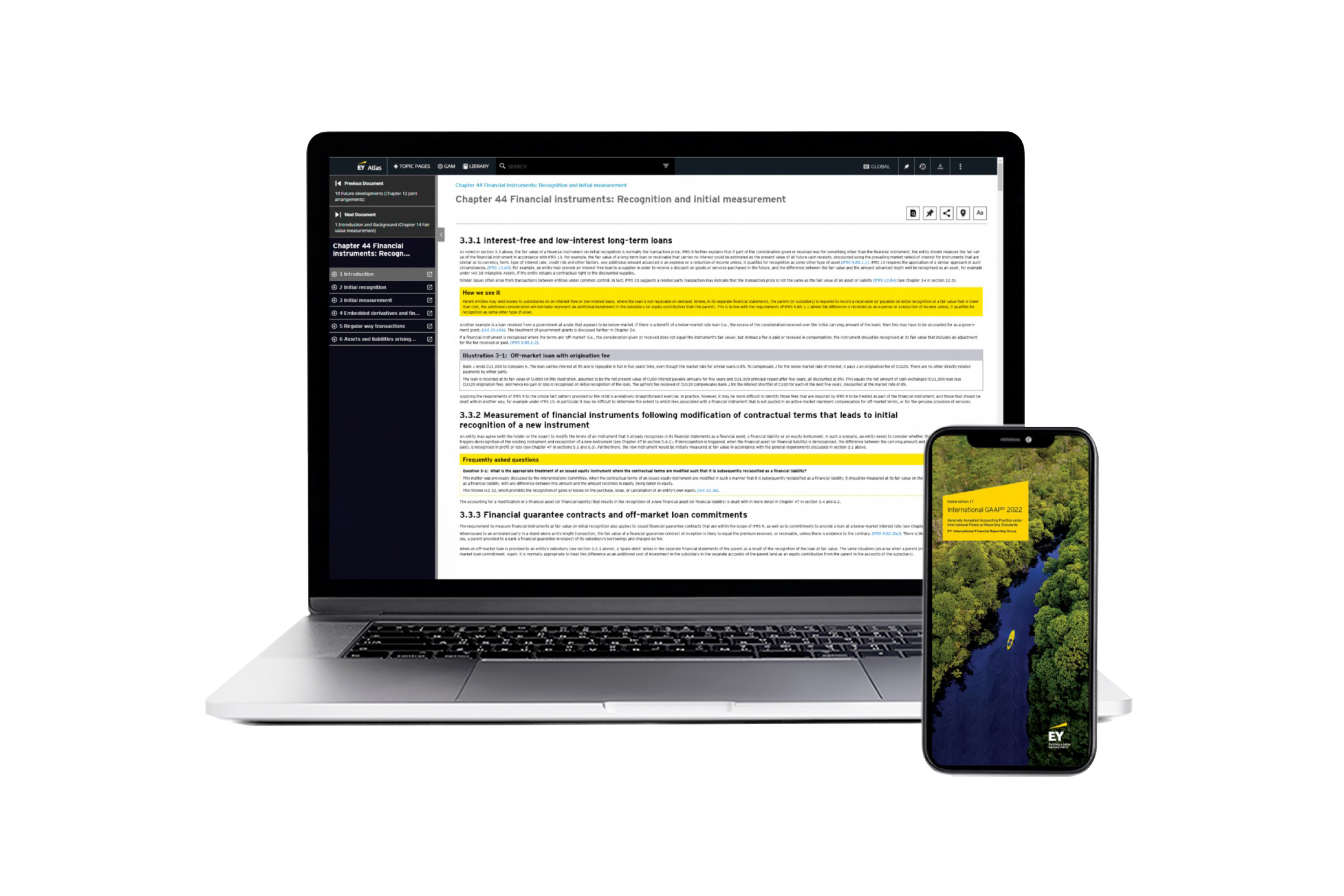IFRS
The IFRS Foundation's mission is to develop IFRS standards that bring global transparency, accountability and efficiency to the financial markets.
Accounting standards are an important part of the language by which companies and other entities communicate their performance in the financial statements. International Financial Reporting Standards (IFRS) are used in more than 140 jurisdictions and are set by the International Accounting Standards Board.
A team of technical professionals provide in-depth analysis of the impact of IFRS on your organisation. In doing so, they help to serve the public interest by promoting trust and confidence in business and the capital markets.
Financial Reporting Webcasts
Gain practical insights on financial reporting and standard setter developments, and understand what they mean for your organisation’s statutory reporting.

How to get ready for sustainability standards
Our latest thinking
Australia adopted IFRS in 2005 and the Australia Accounting Standards (AAS) applicable to for-profit private sector entities are consistent with IFRS, subject to those not publicly accountable that can follow Simplified Disclosures (SDS).
AAS, including Interpretations, are issued by the Australian Accounting Standards Board (AASB). They incorporate IFRSs (including Interpretations) issued by the IASB, with:
- the exception of some unique requirements for Australian not-for-profit private sector entities and public sector entities; and
- the addition of disclosures to address domestic regulatory or other issues.
Australia has a differential reporting framework for general purpose financial statements prepared in accordance with AAS. Currently this is:
- Tier 1 Australian Accounting Standards. This tier applies to for-profit private sector entities that are publicly accountable. Compliance ensures compliance with IFRS as issued by the IASB. Some public sector not-for-profit entities are also required to apply this tier, but cannot claim compliance with IFRS.
- Tier 2 Australian Accounting Standards – Simplified Disclosures. As of 1 July 2021, Tier 2 has changed to SDS. In addition, our ‘reporting entity concept’ has been removed, and consequently, for-profit private sector entities can no longer prepare special purpose financial statements if they are required to comply with AAS (subject to certain exceptions). This tier retains the recognition and measurement requirements of AAS but has reduced disclosures. Any entity that is not required to apply Tier 1, can choose to apply this tier (which most do) or Tier 1.
EY maintains a global IFRS network to ensure a consistent application of IFRS worldwide. We are represented in international as well as in Australian national bodies and can therefore contribute to informed discussions for improving financial reporting. In our Oceania IFRS Professional Practice team, we have specialists with extensive experience in IFRS application and sector expertise.
Australian Publications
In addition to our globally recognised IFRS commentary "EY International GAAP®", IFRS Outlook, IFRS Developments, Applying IFRS and IFRS Core Tools, we provide insights to the community through our communications on current Australian developments.
The team
Contact us
Want to learn more? Get in touch.



